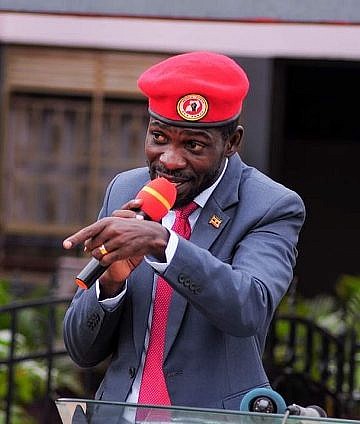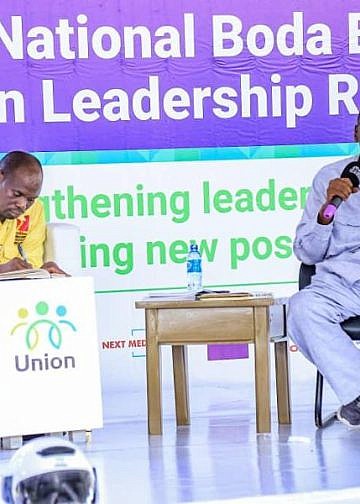Uganda’s largely informal boda-boda industry reached a significant milestone with the successful hosting of the inaugural National Boda-Boda Union Leadership Retreat in Gulu City.
Held at Sacred Hearts Primary School Grounds, the landmark event gathered 1,215 boda-boda leaders from 135 districts—marking a bold step toward formalizing one of the country’s most vital yet underserved sectors.
Organized under the theme “Strengthening Leadership and Unlocking New Possibilities through Collaboration, Innovation, and Shared Purpose,” the retreat highlighted the importance of strategic leadership, financial inclusion, and digital transformation in uplifting the industry, which employs over 1.2 million Ugandans—predominantly youth.
The retreat featured intensive training sessions, strategic planning forums, and open dialogue with government and private sector stakeholders.
It focused on establishing registered unions and SACCOs, cultivating a culture of savings, and integrating digital financial platforms to improve access to insurance, credit, and social protection.
Officiating at the retreat, Gen. Salim Saleh, Chief Coordinator of Operation Wealth Creation, described the event as a national development milestone.
“A structured and empowered boda-boda industry can be a powerful contributor to our economy—through job creation, improved mobility, and the stimulation of grassroots enterprise,” Gen. Saleh said.
He called on industry leaders to embrace unity, innovation, and financial discipline as the cornerstones of transformation.
Baker Kasawuli, General Manager of the United Boda-Boda Riders Cooperative Union, emphasized the retreat’s role in reshaping the sector.
“For over two decades, boda-bodas have played a central role in Uganda’s transport ecosystem. Yet the absence of formal structures has left many riders exposed to financial and policy vulnerabilities,” he said.
He cited partnerships with institutions like the National Social Security Fund (NSSF) and the Smart Life Initiative as game-changers in the journey toward sustainable reform.
Frank Mawejje, Chairman of the Union, described the retreat as the beginning of a new chapter—one in which boda-boda riders are recognized as professionals contributing meaningfully to Uganda’s GDP.
He unveiled the new Union App, which allows riders to subscribe for just Shs6,000 per week—Shs1,000 of which is automatically saved under their NSSF account.
“This digital solution is crucial to integrating riders into the national social protection system and securing their financial future,” Mawejje explained.
Rebecca Kabugo-Mugisha, Senior Manager of Partnerships and Business at NSSF, emphasized the role of the Fund’s Smart Life Initiative in bringing financial literacy and social security to boda-boda riders.
“Through the Smart Life Initiative, we aim to break the cycle of informality. The boda-boda sector is an economic engine, and we must equip its workers with the tools needed for long-term financial resilience,” she said.
The retreat represents a major leap forward in transforming Uganda’s boda-boda industry from an informal hustle to a structured, economically empowered force—ready to drive national development, one ride at a time.








































